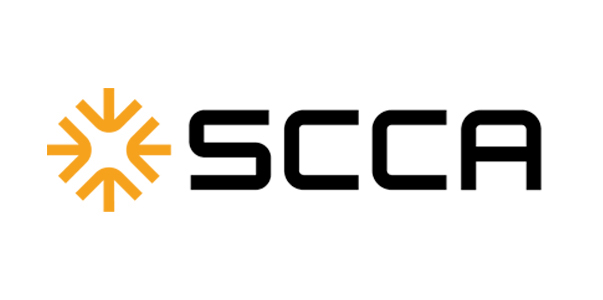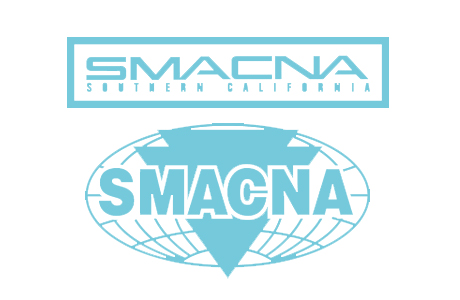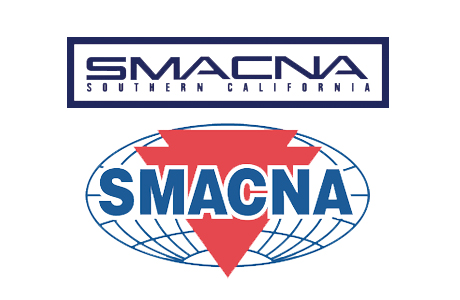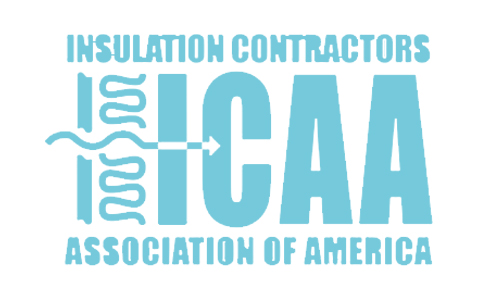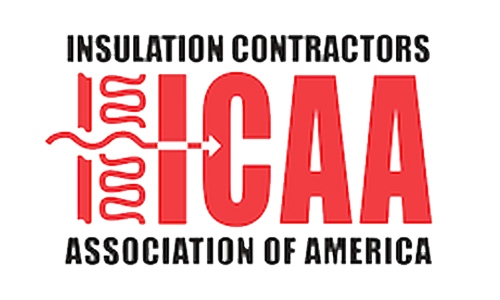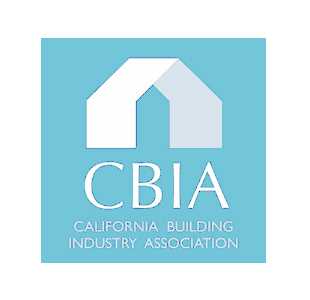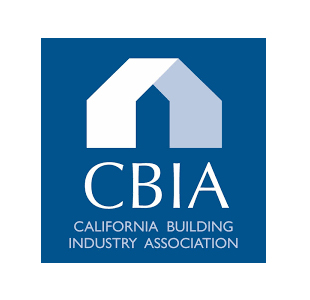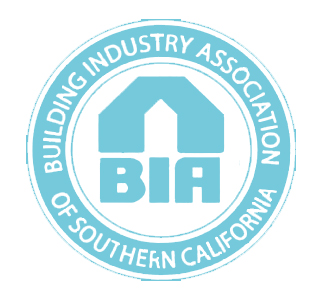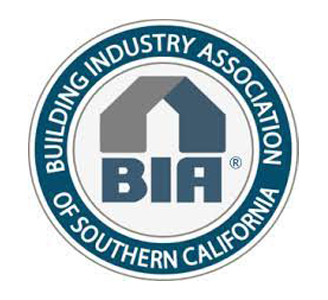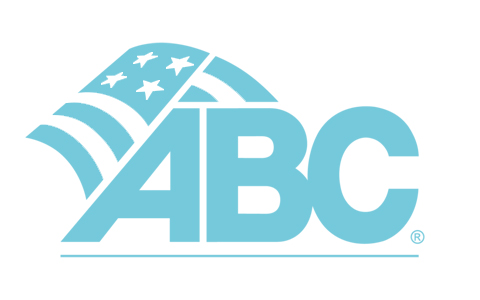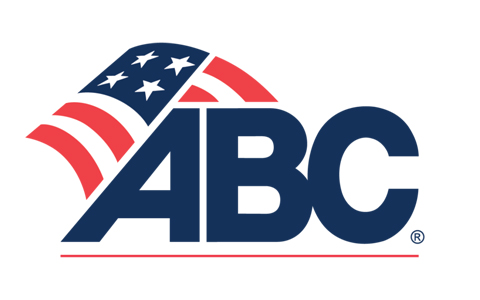Getting paid is a subject of great concern for many in the construction industry. While this is often more difficult than getting the work done, there are some tricks which can assist with the collection process and balance the odds of a great year in favor of the claimant. The suggestions made in this article can be implemented by any contractor or material supplier without the assistance of a lawyer. They are meant as guides or aids to help you get paid, but they are certainly not guarantees that even if you do each of the items listed below, you will get paid. There is always a time and place for calling in the big guns, i.e. the legal establishment.
Stop Notices: The stop notice is a single form which wields immense power and yet is infrequently used by contractors and material suppliers. The service of a stop notice requires the owner, public agency or lender to set aside 125% of the amount stated on the stop notice as due to the claimant. This California remedy, not widely available throughout the United States, can be extremely effective because the holding up of funds on the construction project is a great motivator to get particular claimants paid promptly. In fact, stop notice claimants are sometimes offered payment over others on the construction project. If the project is troubled, it is much more likely that the stop notice claimants will be paid their claim, or at least a larger portion of their claim, than those who failed to serve such a notice.
One fallacy often stated with regard to the stop notice, is that it is only available on public projects. This is wrong. Stop notices can be an equally effective tool for private projects. However, for private projects funded by a commercial lender the stop notice must be bonded. (A stop notice served on the owner who is holding the construction funds does require a bond, but bonding such a stop notice will entitle the claimant to attorney’s fees upon recovery if litigation becomes necessary.) Bonding a stop notice can either be done by posting a commercial surety bond backing the stop notice (the cost of which is relatively inexpensive), or by posting an affidavit of personal surety. A personal surety backing the stop notice may be sufficient if: (a) it is made by a person other than the claimant; (b) the surety is a resident of the state, and (c) the surety has a personal net worth of assets situated within the state in excess of the bond. (See Code of Civil Procedure section 995.510)
Payment Bonds: A payment bond will be posted on almost all public projects and a few private projects. The general purpose of the payment bond is to insure that all subcontractors and suppliers of material who provide labor, equipment and materials to the project are paid for their work/goods. A payment bond will be posted by the prime contractor, and sometimes by the major subcontractors.
Making the initial claim against the payment is simple. A letter to the bonding company setting forth the basic project information (similar to that found on the preliminary lien notice) with a statement of the amount due will suffice to put the bonding company on notice of the claim. While it is not necessary, it is very helpful to enclose with the initial letter a copy of the contract, invoices, etc., which support the right to payment. About thirty days after the letter, expect to receive a proof of claim form from the bonding company, which should be promptly filled out and returned to them. The bonding company has a legal obligation to conduct an investigation into your claim, and unless there is a serious dispute regarding your work or materials, the bonding company can often get a claim paid without the necessity of resorting to litigation.
Small Claims Court: The small claims court process is usually fast, efficient and inexpensive (no lawyers allowed!) The maximum claim permitted is currently $5,000 (although it is expected that this amount will increase to $7,500 in the near future), and there is a limit of two cases in excess of $2,500 which may be brought in each calendar year. However, filing a small claims court action should be given serious consideration for all claims under $10,000. This consideration should take into account whether there is a potential to recover attorney’s fees pursuant to the contract, and also the other party’s financial ability to pay a judgment at the end of protracted litigation (if the debtor’s business is starting to fail it may be wise to get a quick, although slightly smaller, judgment to beat the other creditors to the assets). Many find it advantageous to drop the portion of their claim which exceeds $5,000, in exchange for the speed and limited expense involved with the small claims court.
Contractor’s State License Board: This potential remedy is often criticized for being too slow and too general contractor friendly. However, I have seen instances where an agent from the board gets actively involved in a matter and through threats, hounding and general annoyance manages to work out a mutually agreeable arrangement between the parties. Don’t count on a prompt response or aggressive handling of your claim, but it doesn’t cost anything to file a complaint and ask the board for its assistance in getting paid.
One considerable downside, if you plan on having a long term working relationship with a particular contractor, reporting the contractor to the license board is not going to be taken lightly and is likely to put a huge strain on the relationship. Before any complaint is made to the license board, you should weigh the potential long term effects against the necessity of using the license board’s intervention to get paid.
Nothing will insure that you get paid one hundred percent of your money every time, but using these collection techniques to your advantage will up the odds of getting your new year headed in the right direction.
This article is intended to provide the reader with general information regarding current legal issues. It is not to be construed as specific legal advice or as a substitute for the need to seek competent legal advice on specific legal matters.




